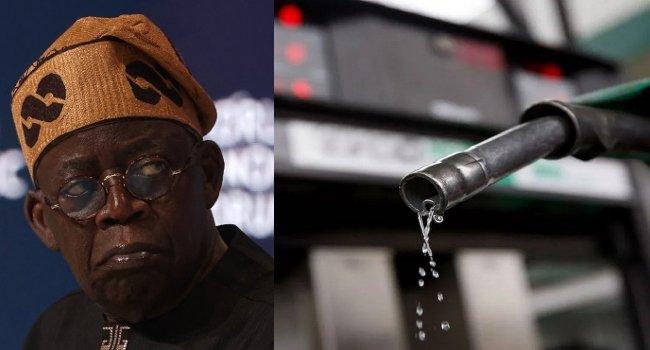A recent report reveals a staggering 92% drop in daily petrol consumption under President Bola Tinubu’s administration, signaling a profound shift in Nigeria’s fuel usage patterns. This decline highlights the economic hardship many Nigerians are facing in the wake of policy changes, including the removal of the fuel subsidy.
Key Factors:
Fuel Subsidy Removal: One of Tinubu’s boldest moves, the removal of fuel subsidies, has drastically impacted fuel prices, pushing them higher and forcing many citizens to cut back on consumption.
Economic Strain: The sharp rise in petrol costs has affected everyday activities, from transportation to businesses reliant on fuel, deepening the financial burden on average Nigerians.
Changes in Consumption Habits: The report suggests that many have turned to alternatives such as public transport, carpooling, or cutting back on travel altogether to cope with the high prices.
Impact on Daily Life:
The crash in consumption points to a broader issue of affordability and accessibility. With fuel prices now out of reach for many, the daily routines and livelihoods of Nigerians are being disrupted. The situation has raised concerns about long-term economic sustainability and the government’s role in cushioning the effects of these changes.
The report sheds light on the immediate effects of the government’s policies on fuel consumption and underscores the urgent need for relief measures to ease the growing strain on Nigerian households and businesses.
